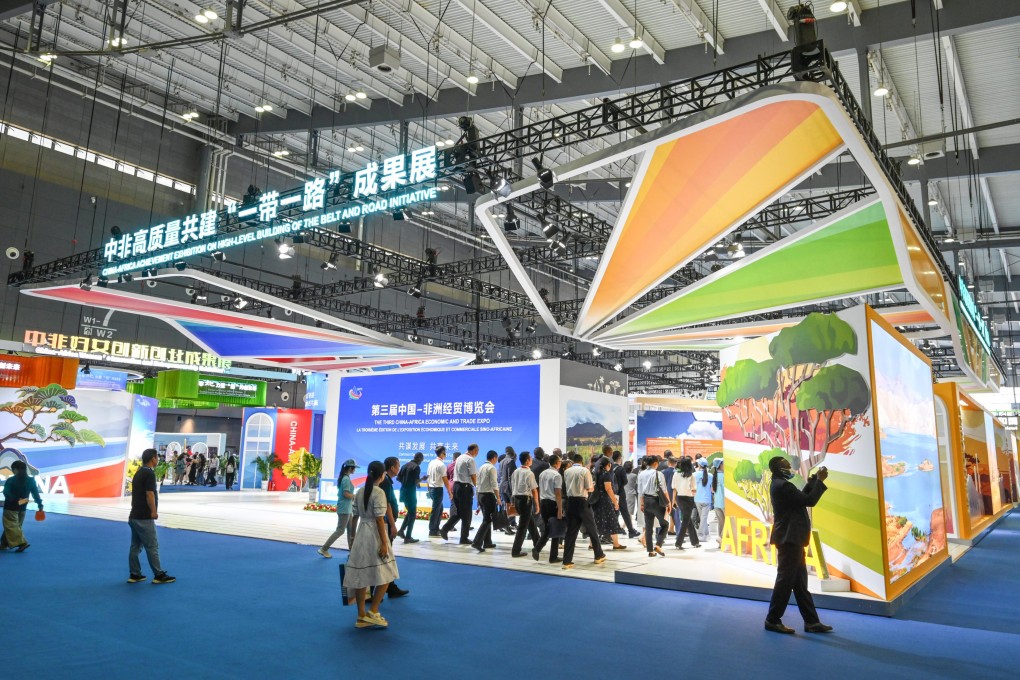How Hunan’s new African trade hub could help landlocked Chinese province ‘catch up’ with coastal powerhouses
- The province is not an economic heavyweight, but analysts say China-Africa economic zone can leverage its policies, industries and commercial ties
- Hunan is a pioneer of ‘green lanes’ for African agricultural products and ranks top among central and western regions for trade with the continent

With support from Beijing, Hunan will build a hub with six trade and logistics centres as part of a “pioneering zone for in-depth China-Africa economic and trade cooperation”, said Jiang Wei, director of West Asian and North African Affairs at China’s Ministry of Commerce, speaking on January 31 at a briefing on the plan.
Jiang said the China-Africa Deep Economic and Trade Cooperation Pioneer Zone’s six centres would be built around three themes – innovation, economic and trade cooperation, and industrial chains – with a conference centre or meeting venue.
By 2027, the zone is expected to be “a significant international platform for opening up and cooperation with Africa”, Hunan authorities said. And by 2035, the province aims to become a “globally competitive economic and trade hub for collaboration with Africa”.